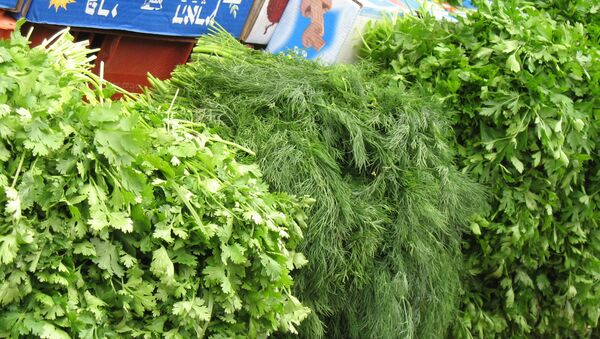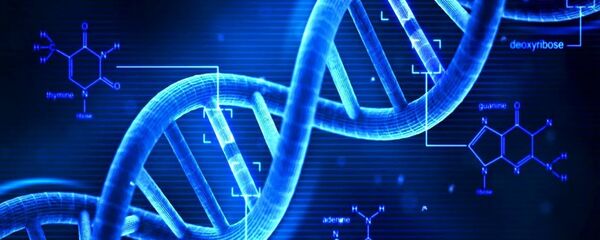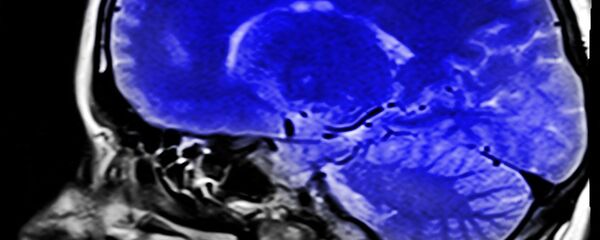Scientists from Moscow Institute of Physics and Technology (PhysTech) and Russian Academy of Sciences have come up with a way to obtain glaziovianin A, a natural component known for its anti-cancerous properties, from parsley and dill.
"Nowadays it is important not only to find new mechanisms to fight cancer, but also improve existing ones," said Alexander Kiselyov, a researcher in the field of medicinal chemistry and drug development from PhysTech. "We have developed a simple method for producing glaziovianin A and its structural analogs, which inhibit the growth of tumor cells, from a cheap raw material."
The method offered by Russian scientists is cheaper existing ones because it involves cheap widespread materials and also reduces the number of steps in its synthesis and the list of catalysts involved.
Two "clones" of glaziovianin A could be used in medicine as anti-cancer drugs in future, the scientists considered. However, the best results were demonstrated by glaziovianin A itself. Since the substances have shown efficacy, the authors of the study plan to continue their tests on human cancer cells transplanted into laboratory mice.




